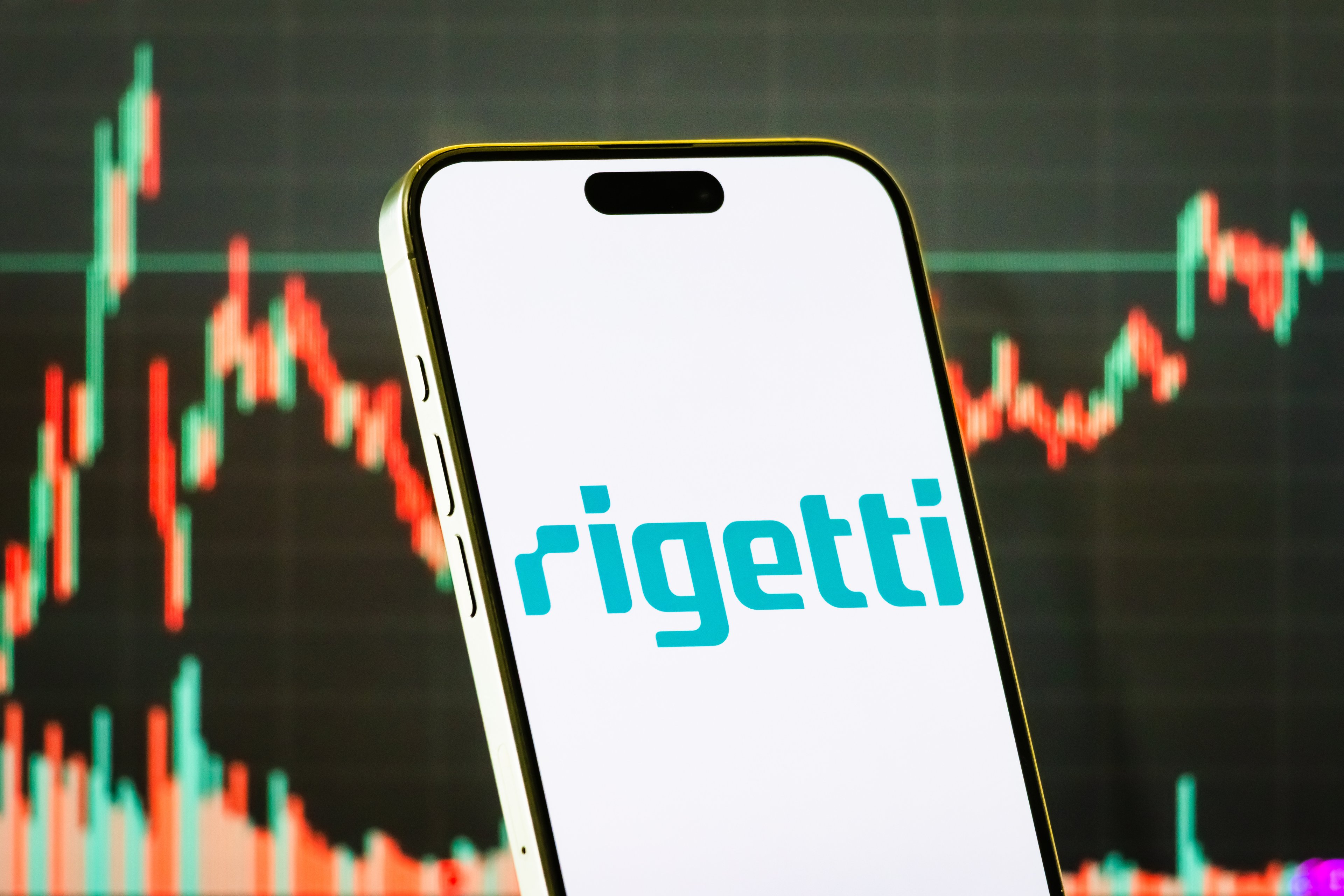While there have been fleeting moments of euphoria in the stock market in 2025, it's been a pretty tough year overall. One particular area that has managed to outmaneuver this year's volatility, however, is quantum computing.
As of the closing bell on May 27, the Defiance Quantum ETF had returned approximately 8% so far t his year -- handily outperforming the returns of the S&P 500, Nasdaq Composite, and Dow Jones Industrial Average.
Given those dynamics, investors might be tempted to start buying quantum computing stocks right now. Among the most popular names fueling the gains in the Defiance Quantum exchange-traded fund are IonQ (IONQ +6.81%), Rigetti Computing (RGTI +3.72%), and D-Wave Quantum (QBTS +0.38%).
Let's assess what is fueling the excitement around quantum computing at the moment. From there, I'll dig into valuation trends for the companies referenced above to help determine if now is a good opportunity to own these market-beating stocks.

NYSE: IONQ
Key Data Points
Why is quantum computing becoming so popular?
While artificial intelligence (AI) has become a megatrend fueling the stock market to new highs over the last couple of years, I would argue that there is a finite number of end markets contributing to the industry's popularity.
What I mean by that is that within the AI realm, areas such as semiconductors, cloud computing, and enterprise software seem to fetch the most enthusiasm. I think this is why chip stocks such as Nvidia, software players like Palantir Technologies, and cloud hyperscalers Microsoft, Amazon, and Alphabet have consistently remained high-profile names pushing the AI narrative forward.
In my eyes, investors may be getting a little tired of seeing the same names affiliated with AI opportunities. Perhaps this is why quantum computing -- which can complete mathematical calculations exponentially faster than existing methods of computing -- has started to emerge as a potential "next big thing" in the AI landscape.
Despite little commercial scale, the total addressable market (TAM) for quantum computing is expected to be in the hundreds of billions of dollars, according to estimates compiled by management consulting firm McKinsey & Company.

Image source: Getty Images.
IonQ, D-Wave Quantum, and Rigetti Computing: Do the valuation trends make sense?
The chart below illustrates the price-to-sales (P/S) ratio for IonQ, Rigetti Computing, and D-Wave Quantum over the past year.
IONQ PS Ratio data by YCharts.
The most obvious takeaway from these trends is that the soaring share prices have resulted in pronounced levels of valuation expansion.
But considering how game-changing quantum computing might be for the AI movement, shouldn't investors look past these valuation multiples? Unfortunately, I think the answer to that is a hard "no."
To add some context to the multiples above, consider that the P/S ratios of Amazon and Cisco topped out between 30 and 40 during the peak days of the dot-com bubble.
When you assess IonQ and its peers through that lens, the P/S levels above look unsustainable.
Should you buy quantum computing stocks right now?
Below, investors can see that over the past two decades, the P/S ratios for Cisco, Amazon, and even Nvidia have compressed considerably.
AMZN PS Ratio data by YCharts.
These dynamics make sense. As businesses mature and diversify their products and services, they (hopefully) achieve a path to consistent profitability and begin to be valued based on earnings and cash flow as opposed to revenue.
What makes investing in IonQ, Rigetti, and D-Wave Quantum riskier than, say, Amazon and Cisco 20 years ago or Nvidia right now, is that, collectively, these quantum computing companies are only generating tens of millions in revenue while burning hundreds of millions of dollars annually. A financial profile like that makes reaching profitability and scaling a business an uphill battle.
While history is not guaranteed to repeat itself, I think it is highly likely that shares of IonQ, Rigetti, and D-Wave will begin to witness some pressure sooner than later. As a result, there could be extreme levels of compression in valuation multiples. Ultimately, I think the quantum computing stocks I've talked about here are speculative. They're geared more for day traders and less appealing for investors with a long-run horizon.
I would pass on IonQ, Rigetti, and D-Wave Quantum and prefer to continue investing in megacap technology stocks going forward. Their diversified business models are more appealing and provide them with the financial flexibility to explore quantum computing if they choose to do so down the road.

















